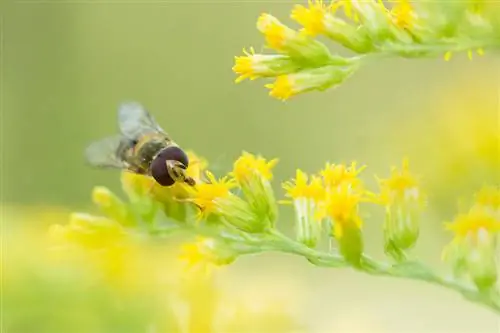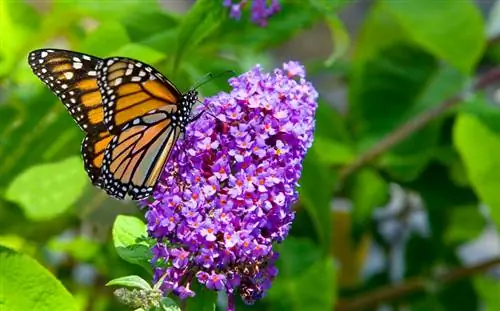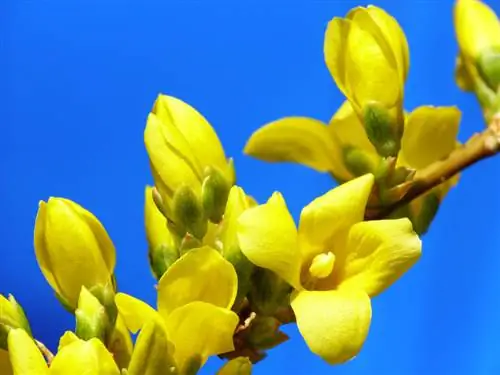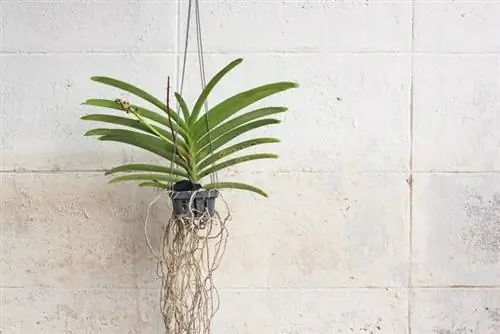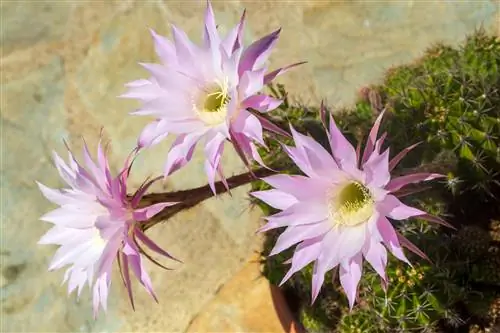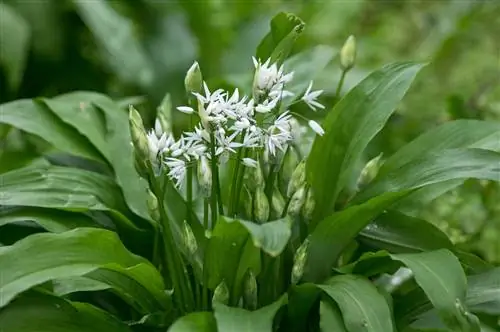- Author admin leonars@hobbygardeners.com.
- Public 2023-12-16 16:46.
- Last modified 2025-01-23 11:20.
The goldenrods (Solidago), which belong to the composite family, are mainly native to North America, but there are also species native to Europe and Asia. The bright yellow-flowering perennials are a popular garden perennial due to the striking flower color and their long flowering period.
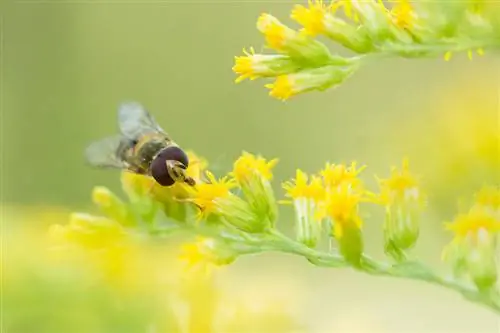
When is the goldenrod flowering time?
Goldenrod (Solidago) usually blooms between July and September, some species even into October. As bright yellow-flowering perennials, they are characterized by a long flowering period and striking flower color.
Golden rue only blooms late in the year
Goldenrods usually bloom between July and September, often into October. The Canadian goldenrod (Solidago canadensis) is one of the so-called short-day plants, whose flowering period only begins in late summer - when the days become shorter and the nights longer.
Recommended ornamental varieties
In addition to the wild forms of goldenrod found around the world, there are numerous hybrids that have been bred specifically for cultivation in gardens. Most of these also come from the USA. These also have the advantage of hardly propagating via root runners. The table below gives you a good overview of some recommended varieties.
| Solidago variety | Bloom | Growth height |
|---|---|---|
| Cloth of Gold | deep yellow | 30 to 45 cm |
| Gardone | bright yellow, large panicles | 100cm |
| Golden Gate | light yellow | 50cm |
| Golden Wings | deep yellow | 180 to 200 cm |
| Goldenmosa | pale yellow, large panicles | 75cm |
| Goldkind | deep yellow, dense panicles | 60cm |
| Laurin | deep yellow | 30 to 40 cm |
| Golden Thumb (also Queenie) | yellow | 30cm |
| Crown of Rays | bright yellow | 40 to 60 cm |
| Tara | bright yellow, small flowers | 80cm |
| Tom Tumb | yellow, dense panicles | 30cm |
Tip
Since all goldenrods reproduce very quickly through self-sowing, you should cut the plants back immediately after flowering to prevent seed formation.

